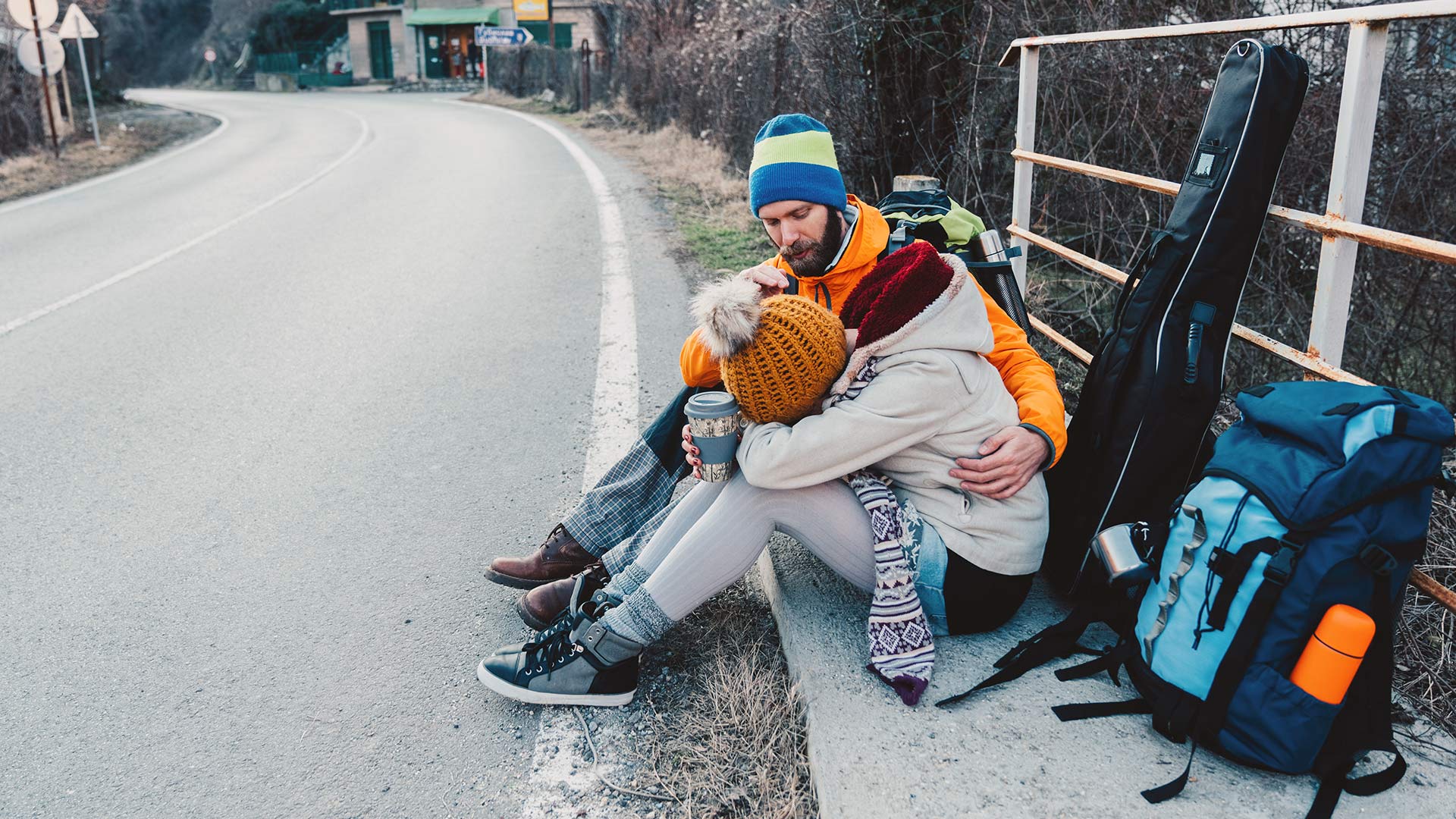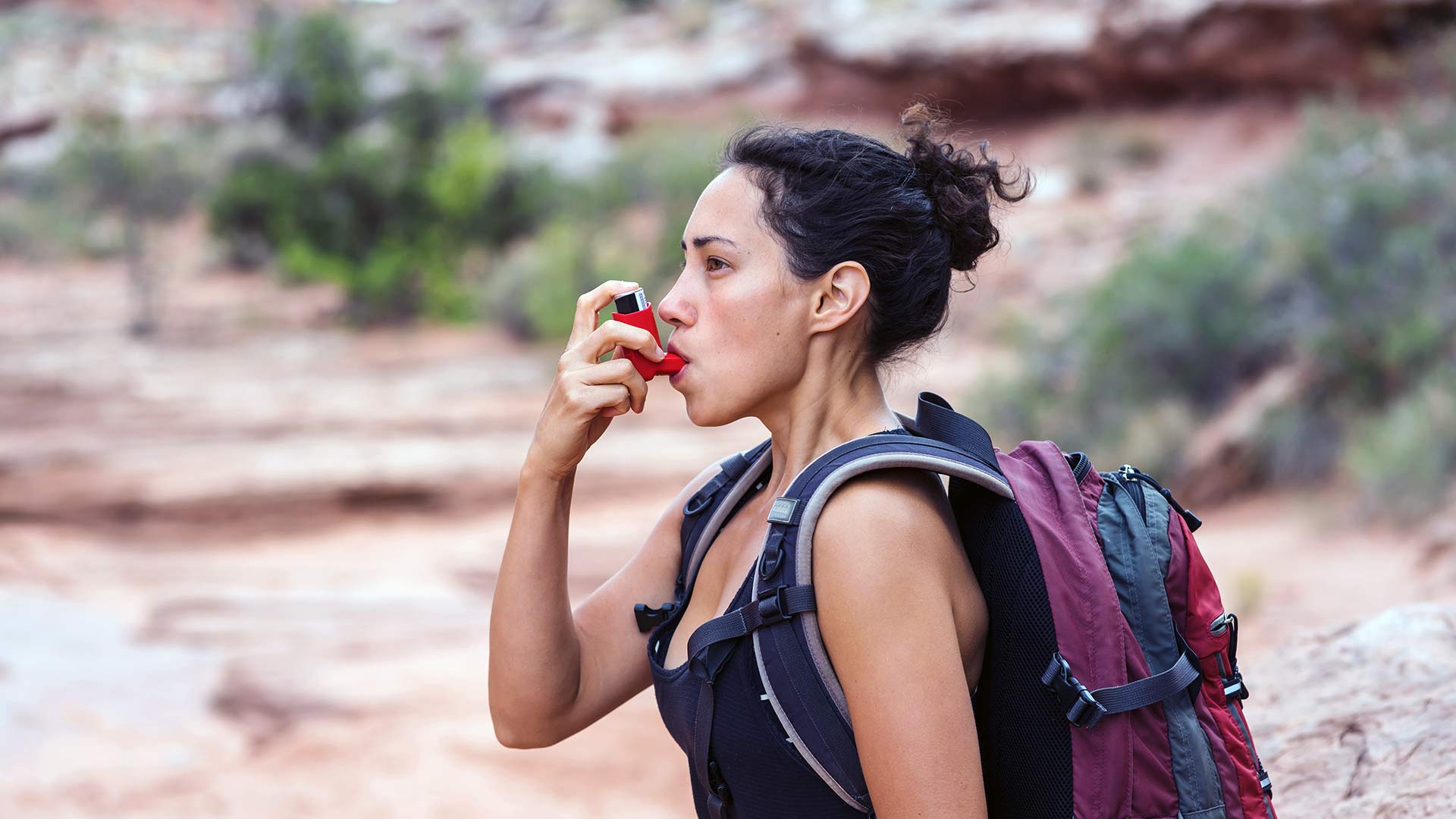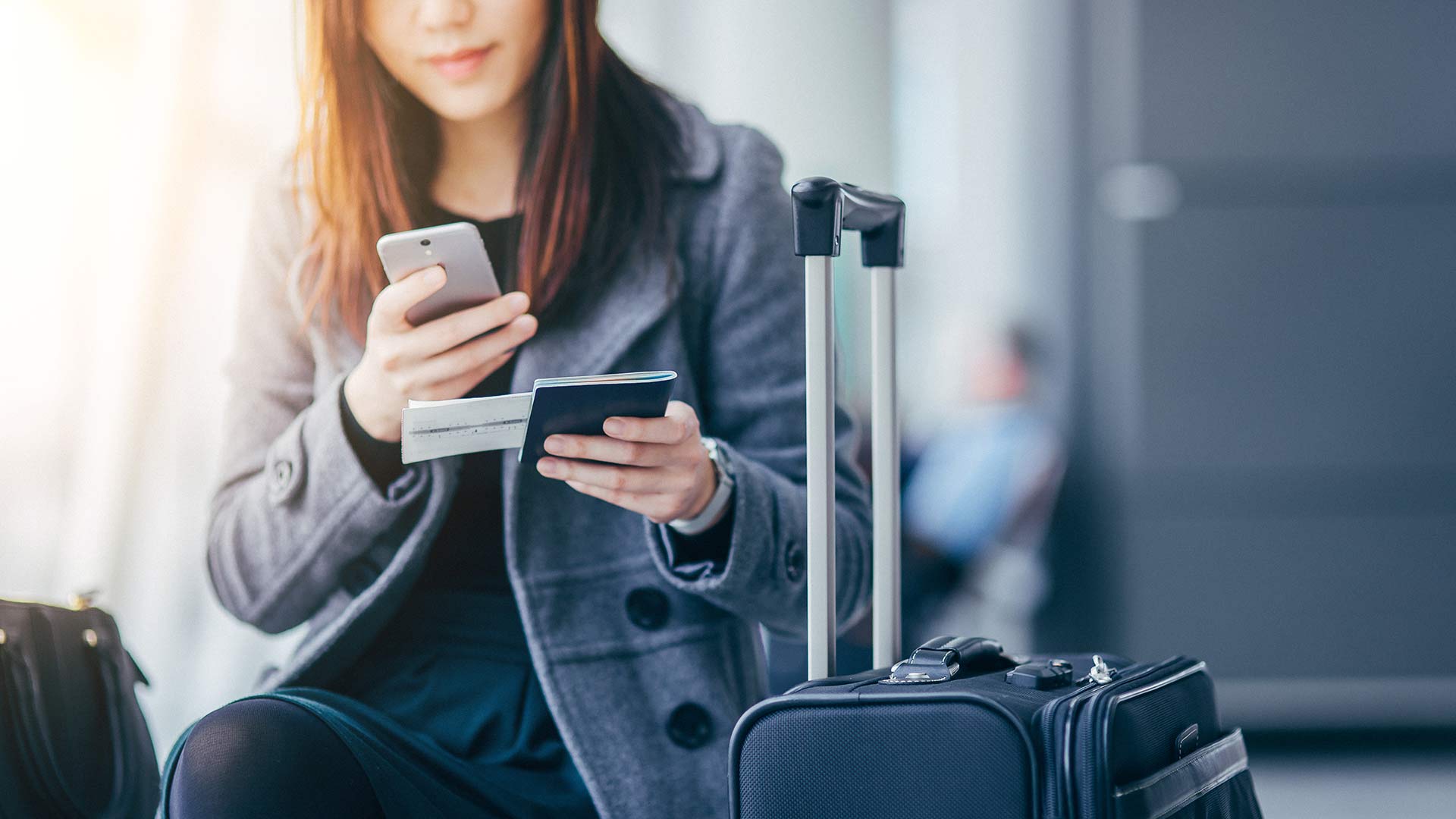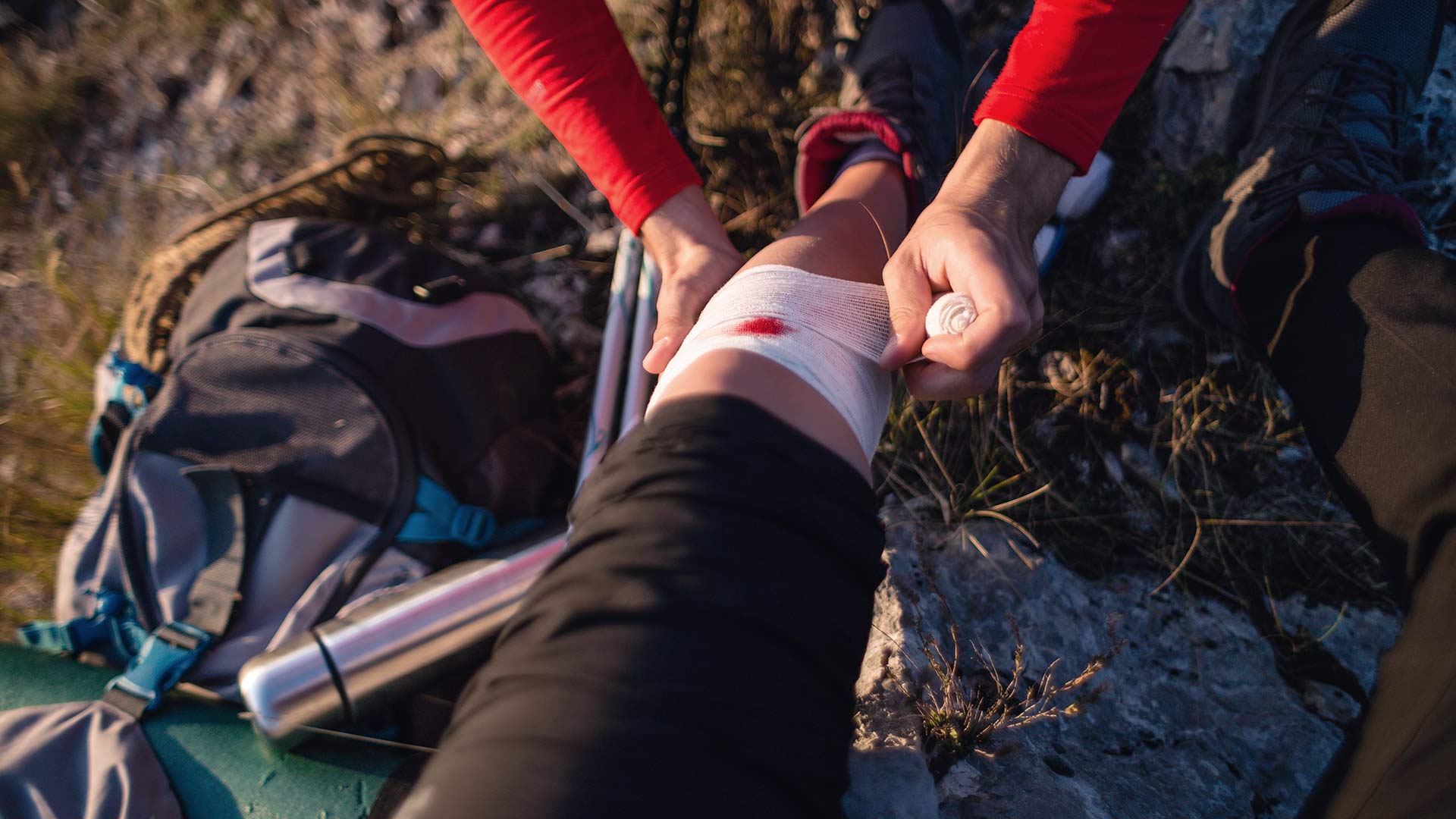
Getting sick is no fun; know what to do if you’re traveling when it happens. (Photo: Getty Images)
Health + FitnessWhat to Do If You Get Sick While Traveling
By Johnny JetBeing sick is terrible, and that awful feeling is amplified tenfold when you’re on the road, especially while COVID-19 is present, when everyone is (understandably!) supersensitive about germs.
Before the pandemic, you may have seen extra-cautious travelers disinfecting their airplane seat and surrounding area for a bit of extra protection, but it wasn’t the norm. These days, it seems strange if you don’t do these things. My, how times have changed.
For those who are traveling for the first time in a long time, which is most of us, here are some tips for before and during your getaway to help if you get sick while traveling.

Check Your Health Insurance and Medical Evacuation Coverage
Before you go, be sure to look over all of your insurance policies (health insurance and credit cards), and if the protection they offer isn’t going to be sufficient, then buy a travel insurance policy.
There are multiple companies and plans to choose from, but a good starting point is InsureMyTrip or SquareMouth; both are aggregators that can help you choose the right one.
Also consider medical evacuation insurance from a company like MedJet. If you become hospitalized 150 miles or more from home, they will arrange medical transportation to a home-country hospital of your choice for inpatient care.

Have Important Documents Available
Keep photocopies and digital copies of your passport, insurance card/policies, prescriptions and the generic names of your prescriptions. For instance, if you forget your medications, photographs of the prescription labels may enable an international pharmacy to fill them for you and can save you a lot of time, headaches and hassles … and possibly your life.
Research Immunization Recommendations and Requirements
If you’re traveling internationally, consult the CDC’s website to find out what shots are required by inputting your destination country. Also, check out their page for help finding a clinic near you. Remember: Immunizations usually need to be done well in advance, so don’t wait until the last minute. Many vaccinations need time to kick in.
Pack a First-Aid Kit

Carry a mini first-aid kit in your carry-on. It should include a thermometer, bandages, nose drops, anti-diarrhea pills, decongestants, fever reducers, antacid tablets, allergy pills, antibiotics and anything else that you feel you might need. If you have children, pack a separate first-aid kit with the things they’ll need. You can get most of these items at your destination, but why wait?
Make a List of Emergency Contacts for at Home and on the Road
Before you leave home, download apps and store important phone numbers, like those of your healthcare providers and emergency contacts, in your phone. That way, if you get sick while you’re traveling, you’ll have this important information handy.
Hopefully your healthcare provider has a 24-hour hotline, but if they don’t, due to COVID-19, there’s no shortage of telemedicine.
If traveling overseas, download Allianz’s TravelSmart app. You don’t need to be a customer to use it. It will tell you the nearest reliable emergency facility and emergency numbers (not all countries use 911), and it has a medication and pharmaceutical dictionary that gives you the names of prescription medications and medical words in several languages.
If you’re traveling domestically and need to get a prescription filled, log on to GoodRx to compare prescription prices and find coupons. This can save you big dollars at home and on the road.







